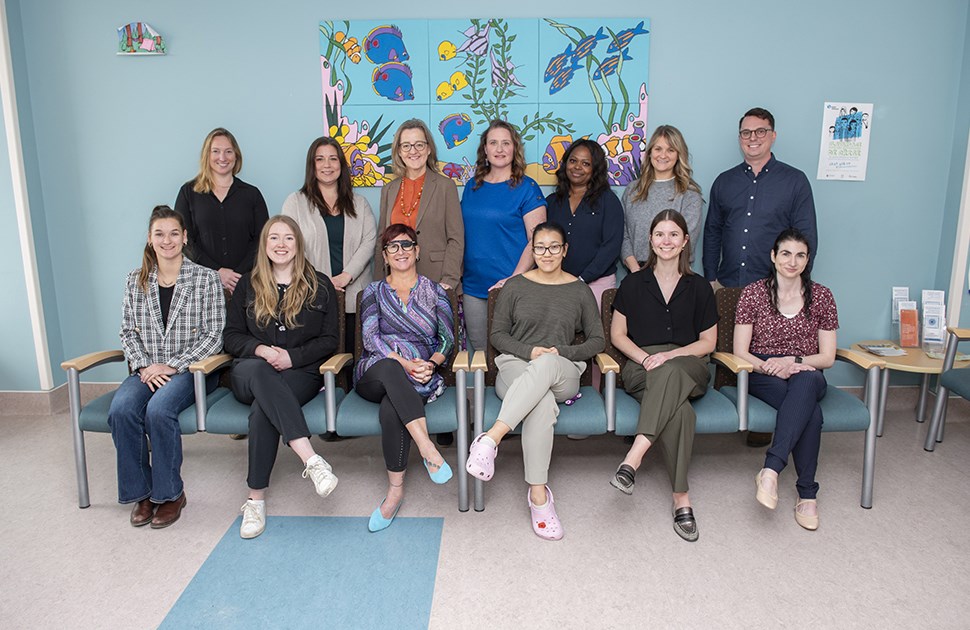
CHEO has launched a new after-care program specifically designed to support children, youth and their caregivers after they’re discharged from hospital.
In the weeks after leaving the hospital, children and youth are vulnerable to negative mental health outcomes, including repeat presentations to the emergency department and not getting connected to much-needed resources.
According to a study published in the American Medical Association journal, a follow-up within seven days of leaving the hospital can reduce the need to get hospitalized again. In fact, a similar after-care program in Peterborough reduced re-admissions significantly.
Dr. Joshua Smalley, medical director for CHEO’s mental health inpatient services, helped develop that program before coming to CHEO.
“We reduced re-admissions from approximately 16 to five per cent,” he said.
CHEO’s new program, supported by a historic investment by the Ontario government last summer, aims to make a similar impact.
Social worker Erica Cullen, who is part of the Safer Transitions team, says staff customizes the discharge plan the moment a child or youth arrives at hospital. They then work with the child or youth and their family to execute the plan.
“My job is about helping my patients successfully transition back to their community by making sure they have the family and community supports and services they need,” said Cullen.
She said the inpatient mental health team works to ensure kids won't wait for outpatient services after they’re discharged from hospital, and they can easily transition to next steps of care.
“The demand in mental health services has grown significantly over the years. It is important for our teams and programs to adapt to the increasing complexity of mental health issues,” said David Murphy, director of CHEO’s mental health services.
Demand continues to grow, which means teams across CHEO have tried to find more efficient and innovative ways to help kids get the mental health support they need, when they need it.
Before implementing Safer Transitions in March, CHEO opened the Mental Health Transition Unit and hired Katrina Pullia, the hospital’s first physician assistant in mental health services.
“This is an area that has so much need and that need has only increased since the pandemic. While much has been done by way of mental health services, there’s so much more we can do,” said Pullia.
In this new role, Pullia helps CHEO see more patients and provides faster access to care, working closely with an interdisciplinary team. She also consults with families and patients to create holistic care and treatment plans with discharge always top of mind.




